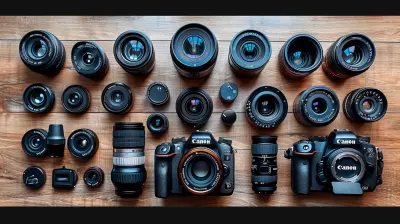The Best Lenses for Landscape Photography: A Comprehensive Guide
31 July 2025
If you love capturing breathtaking landscapes, you already know that having the right lens can make or break your shot. The vast fields, towering mountains, or endless ocean horizons require a lens with exceptional sharpness, dynamic range, and the right focal length. But with so many options on the market, how do you choose the best lens for landscape photography?
Don’t worry—we have you covered! In this guide, we'll go over the different types of lenses, what features to look for, and our top recommendations for the best lenses to help you take stunning landscape shots.
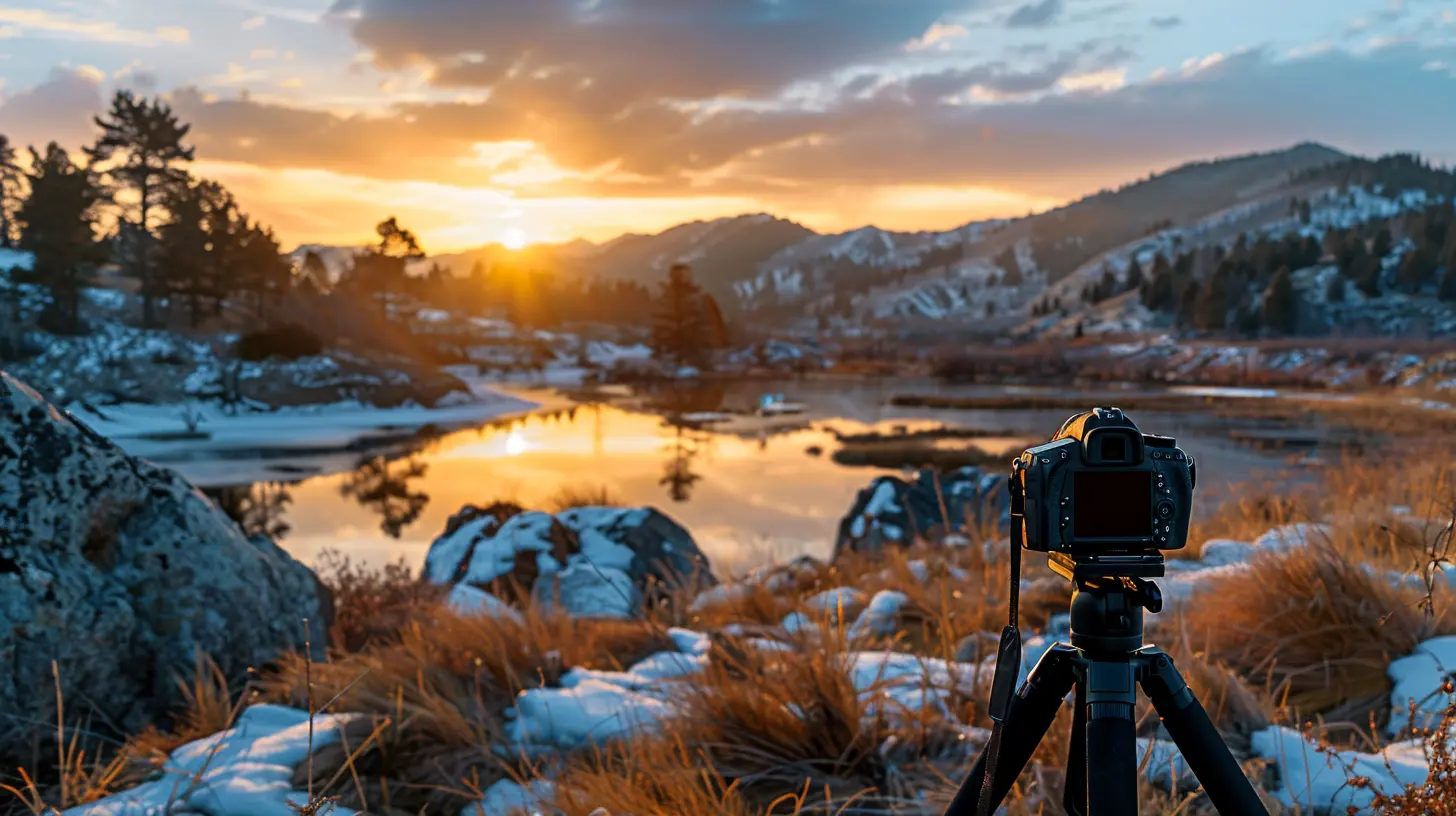
What Makes a Great Landscape Photography Lens?
Before diving into specific lenses, let's cover what features are essential in a great landscape photography lens.1. Wide-Angle Focal Length
A wide-angle lens is the bread and butter of landscape photography. It allows you to capture more of the scene, making vast landscapes look even more expansive. Typically, a focal length between 14mm and 35mm works best.2. Sharpness and Detail
A good landscape lens should deliver excellent sharpness from edge to edge. Soft corners or chromatic aberration can ruin an otherwise stunning shot.3. Aperture and Depth of Field
While landscape photographers mostly shoot with a narrow aperture (f/8 to f/16) for a greater depth of field, a lens that offers a wide maximum aperture (e.g., f/2.8) can be beneficial for low-light conditions like sunrise or sunset photography.4. Weather Sealing
Since landscape photography often involves braving the elements, it’s crucial to have a lens with weather resistance to protect against dust, rain, and extreme temperatures.5. Lens Coatings and Optics
Advanced coatings help reduce glare, reflections, and lens flare, which are common when shooting outdoors in bright conditions.Now that we know what to look for, let’s dive into the best lenses for capturing breathtaking landscapes.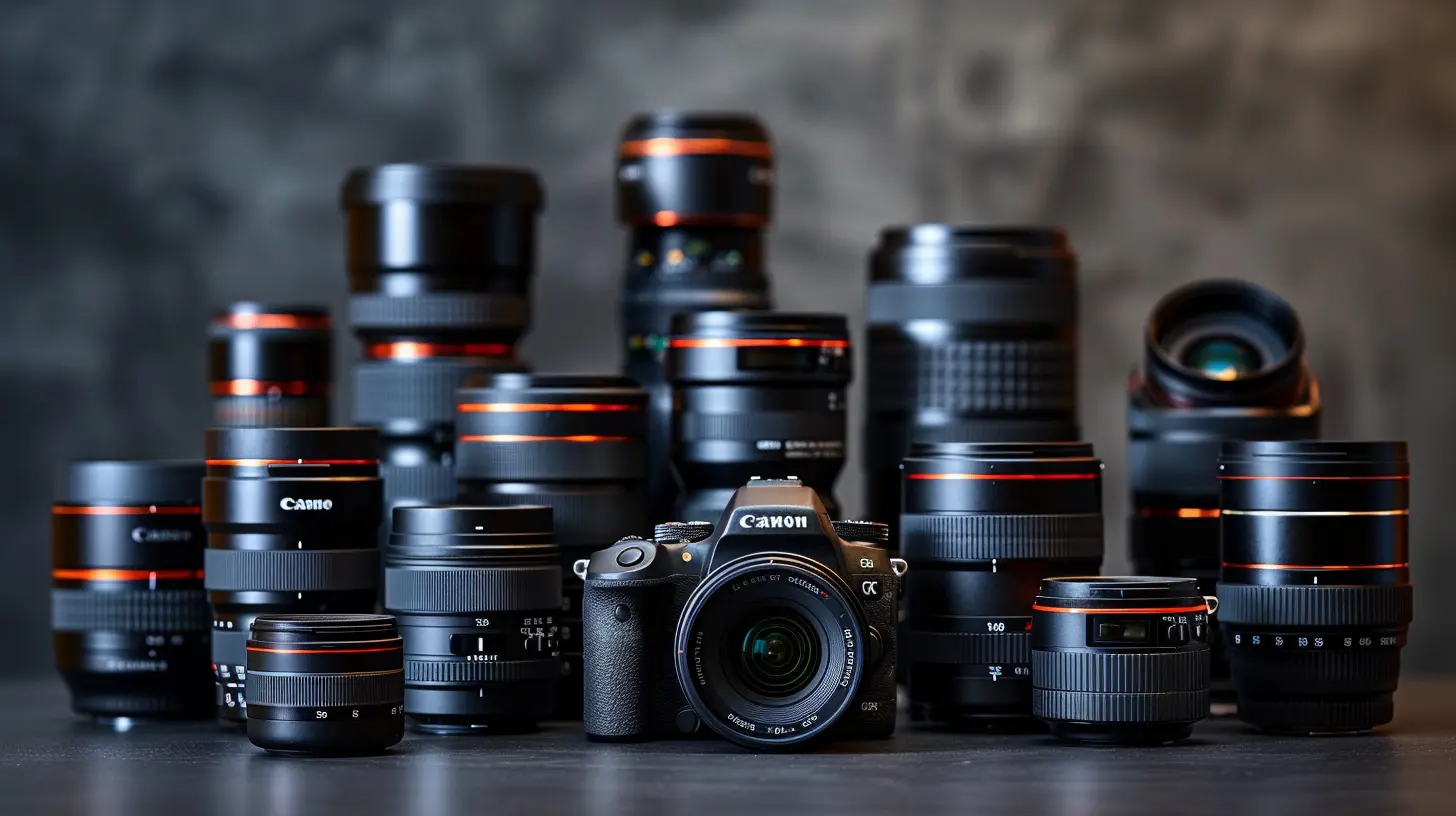
Best Lenses for Landscape Photography
We've rounded up some of the best lenses available today, categorized by different setups—from wide-angle to zoom lenses—so you can find the perfect match for your camera and shooting style.1. Wide-Angle Prime Lenses (Best for Maximum Sharpness)
Canon RF 16mm f/2.8 STM
- Focal Length: 16mm- Max Aperture: f/2.8
- Mount: Canon RF
- Why It’s Great: This ultra-wide lens is compact, lightweight, and delivers sharp images. The f/2.8 aperture is fantastic for low-light conditions, making it a solid choice for landscape photographers using Canon mirrorless cameras.
Nikon Z 14-24mm f/2.8 S
- Focal Range: 14-24mm- Max Aperture: f/2.8
- Mount: Nikon Z
- Why It’s Great: This lens is a landscape photographer’s dream, with stunning sharpness and minimal distortion. The f/2.8 aperture is perfect for astrophotography, and the weather sealing ensures durability in harsh environments.
2. Super-Wide Zoom Lenses (For Versatility and Dynamic Shots)
Sony FE 12-24mm f/2.8 GM
- Focal Range: 12-24mm- Max Aperture: f/2.8
- Mount: Sony E
- Why It’s Great: The ultra-wide 12mm focal length captures dramatic landscapes, while the f/2.8 aperture makes it a solid choice for night sky photography.
Tamron 17-28mm f/2.8 Di III RXD (Sony E)
- Focal Range: 17-28mm- Max Aperture: f/2.8
- Mount: Sony E
- Why It’s Great: A budget-friendly powerhouse that delivers excellent sharpness, fast autofocus, and lightweight portability—ideal for photographers on the go.
3. Standard Zoom Lenses (For a Balanced Approach)
Canon EF 24-70mm f/2.8L II USM
- Focal Range: 24-70mm- Max Aperture: f/2.8
- Mount: Canon EF
- Why It’s Great: If you want a lens that works for landscapes and general photography, this is it. The 24mm end gives you a wide-angle view, while 70mm allows for tighter compositions.
Nikon AF-S 24-70mm f/2.8E ED VR
- Focal Range: 24-70mm- Max Aperture: f/2.8
- Mount: Nikon F
- Why It’s Great: This lens offers outstanding image quality, vibration reduction (VR) to minimize camera shake, and weather sealing for outdoor shoots.
4. Telephoto Lenses (For Capturing Distant Landscapes)
Sony FE 70-200mm f/4 G OSS
- Focal Range: 70-200mm- Max Aperture: f/4
- Mount: Sony E
- Why It’s Great: While most landscape photographers rely on wide-angle lenses, a telephoto lens is fantastic for capturing compressions, like layers of mountains or distant objects with stunning clarity.
Canon RF 100-500mm f/4.5-7.1L IS USM
- Focal Range: 100-500mm- Max Aperture: f/4.5-7.1
- Mount: Canon RF
- Why It’s Great: Ideal for those who want to capture landscapes from a vantage point, this lens delivers incredible sharpness and stabilization, even at 500mm.
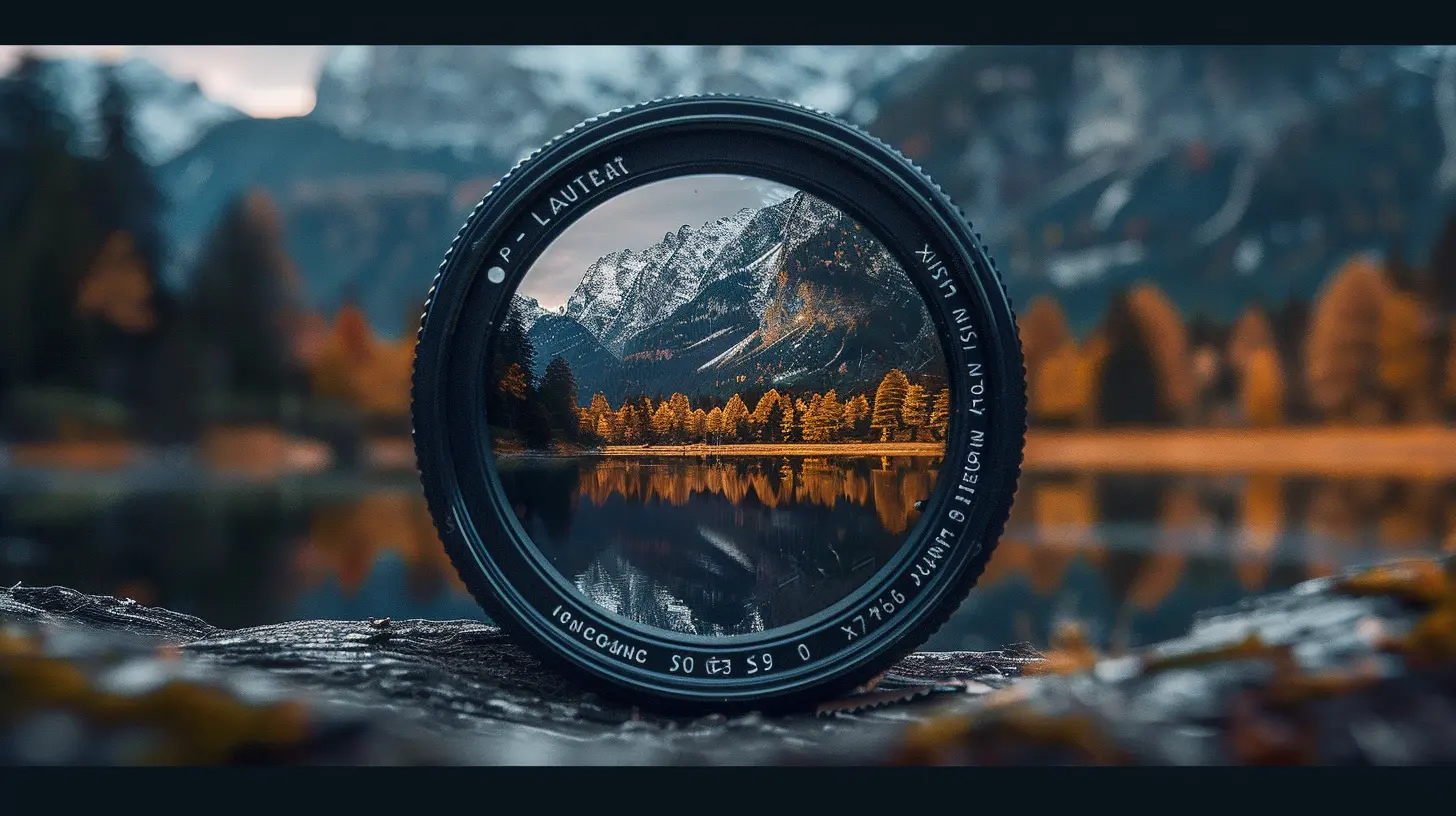
Tips for Choosing the Right Lens for Landscape Photography
Still not sure which lens to pick? Here are a few pointers to help narrow it down:
- If you're just starting, a 24-70mm lens gives you a versatile range.
- Wide-angle prime lenses offer the best sharpness but lack zoom flexibility.
- Super-wide and zoom lenses allow for more dynamic framing but may introduce distortions.
- Consider your shooting environment—if you frequently shoot in harsh weather, go for a weather-sealed lens.
- If you’re into night sky photography, pick a lens with a fast aperture (f/2.8 or lower). 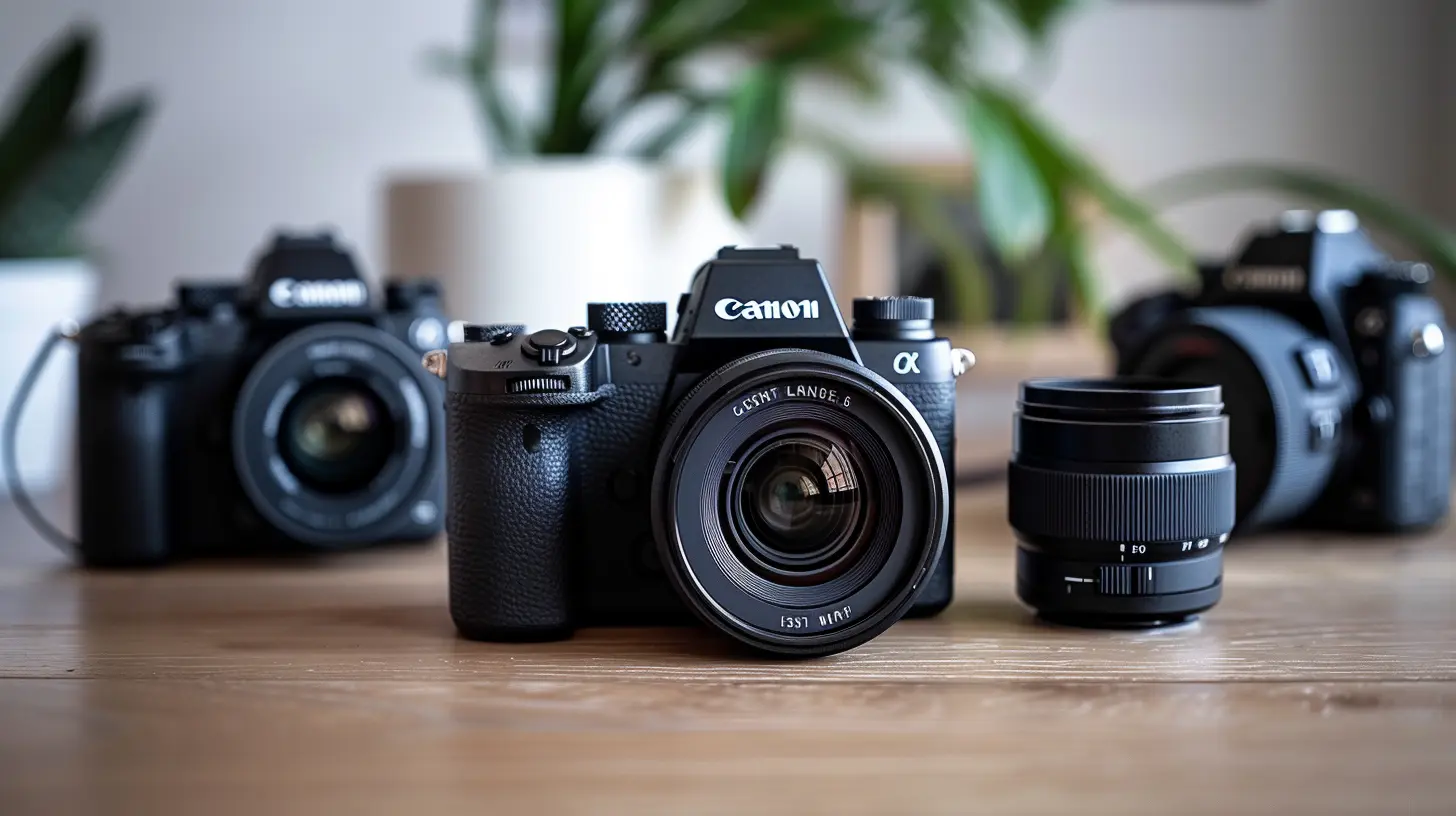
Final Thoughts
Investing in the right lens is just as important as mastering composition and lighting in landscape photography. Whether you prefer the ultra-wide perspective of a 14mm lens, the versatility of a 24-70mm zoom, or the reach of a telephoto lens, there’s a perfect option for your needs.So, the next time you head out to capture a grand scenic view, make sure you're equipped with the right lens—because the best landscapes deserve the best glass!
all images in this post were generated using AI tools
Category:
Camera GearAuthor:

Marcus Gray
Discussion
rate this article
1 comments
Raleigh Lawrence
Critical insights on lens selection enhance landscape photography outcomes.
August 22, 2025 at 11:12 AM

Marcus Gray
Thank you! I'm glad you found the insights on lens selection valuable for improving landscape photography. Happy shooting!

